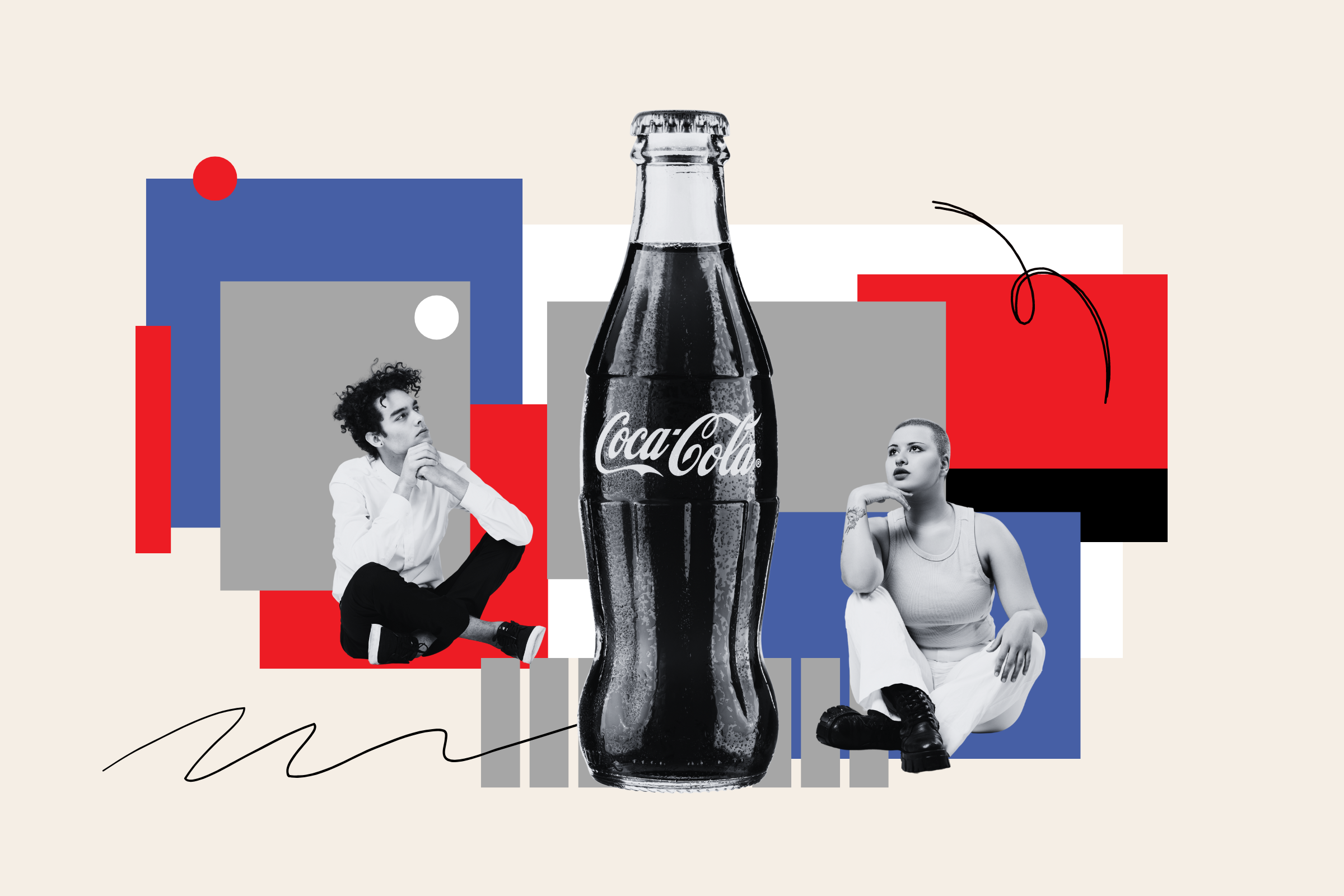In February, Coca-Cola launched its newest beverage, Spiced, at a media event in New York, aiming to connect with younger consumers. The drink promised a blend of classic Coca-Cola taste with refreshing raspberry and warm spice notes. Alongside its zero-sugar version, Spiced marked the company’s first permanent U.S. product launch in three years.
However, in September, Coca-Cola announced it would discontinue Spiced. A spokesperson told CNN that the company continually evaluates customer preferences and plans to remove this line to make way for a new flavor set to debut in 2025.
Despite Coca-Cola having successful spin-offs like Vanilla and Cherry, which have persisted since the early 2000s, Spiced struggled to capture interest, largely due to its disconnect with Gen Z.

Connecting with Gen Z
Gen Z’s access to information means they are selective about their choices, particularly when it comes to health. A survey from Tracksuit revealed that many respondents viewed Coca-Cola as “unhealthy” and “sugary”, contrasting sharply with competitors like Poppi, which promotes its sparkling prebiotic sodas as health-conscious options.
Poppi received feedback associated with terms like “probiotics” and “nutritious,” highlighting a strong health-oriented identity, while Coca-Cola is seen as a classic brand that lacks the modern appeal required to attract younger consumers.
The data suggests that Coca-Cola’s attempts to reach these demographics may have faltered due to a mismatch between the brand’s identity and the desires of younger audiences.
Authenticity Matters
When thinking of spicy drinks, one might envision ginger beer or a zesty Bloody Mary. Unfortunately, Coca-Cola Spiced was more about raspberry flavor than authentic spice. Such misbranding can leave customers feeling misled, and initial reviews indicate confusion about what Spiced was intended to be.
Marketing Challenges
Experts point out that Coca-Cola’s marketing strategies lag behind more agile, modern brands that capitalize on direct-to-consumer models and social media. These brands can resonate better with Gen Z, aligning closely with their values and preferences.
